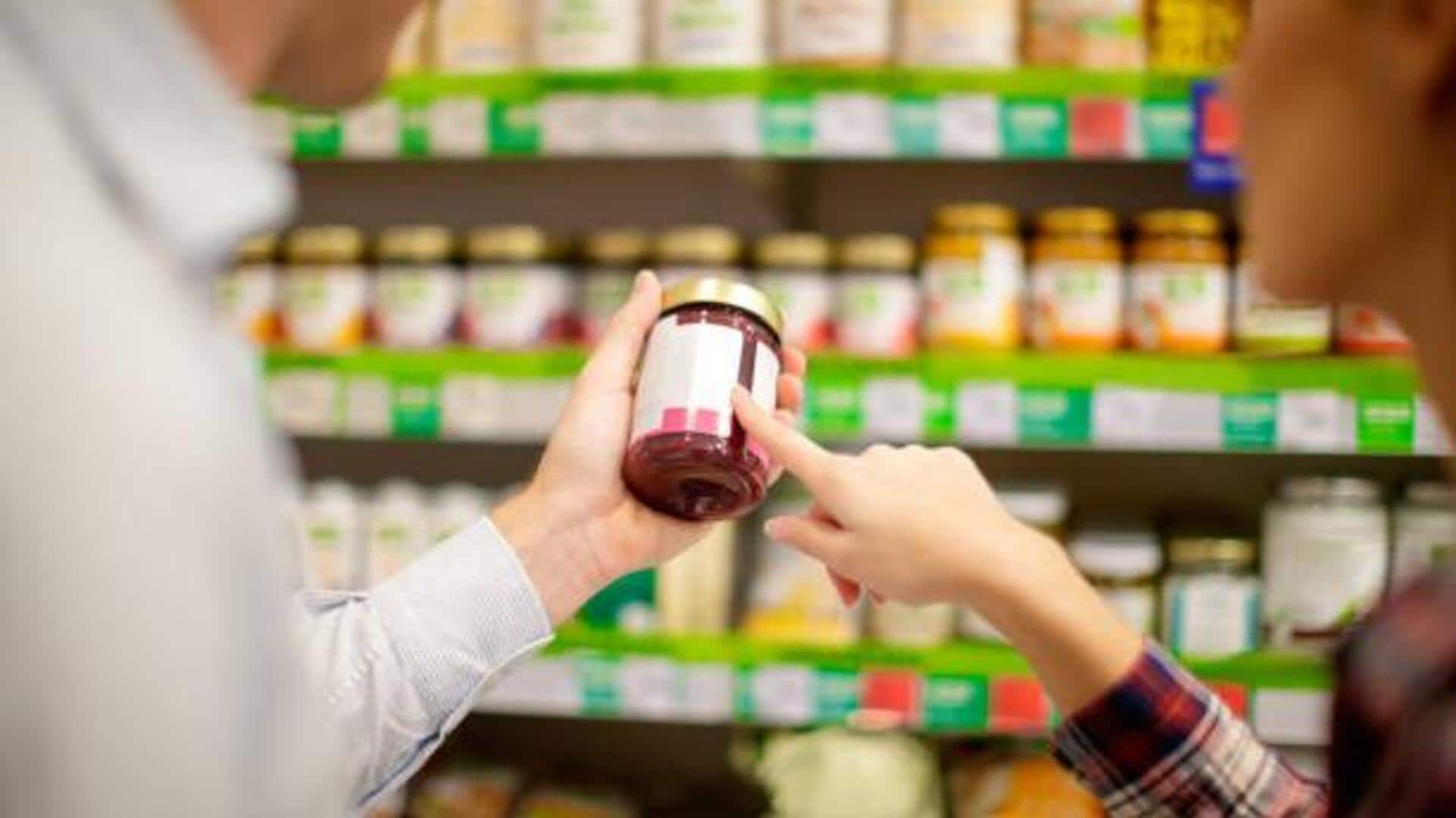
Food expiry dates: Myth v/s facts
What's the story
Food expiry dates are responsible for a lot of confusion and unnecessary waste, affecting the environment and your pocket. Most consumers wrongly assume these dates denote when food is no longer safe to consume, discarding perfectly good products too soon. Knowing what these labels really mean can help mitigate the waste and save money. Here, we bust popular myths about food expiry dates.
Label differences
Understanding 'best before' vs 'use by'
The terms "best before" and "use by" are commonly confused. "Best before" refers to quality rather than safety, indicating when a product is at its freshest. Eating items after this date is generally safe, provided they have been stored correctly. Meanwhile, "use by" is a safety-related label on perishables, stating when they should be eaten for health reasons.
Storage impact
The role of storage conditions
Proper storage can be the key to keeping food items for longer than their labeled dates. Keeping perishables at recommended temperatures can help avoid spoilage and keep them up to the mark longer than anticipated. For example, storing fruits in a refrigerator can greatly extend their usability compared to keeping them at room temperature.
Marketing influence
Misleading marketing tactics
Manufacturers frequently employ expiry dates as a marketing tactic to encourage more frequent purchases. By setting conservative expiration dates, companies can prompt consumers to purchase replacements sooner than actually required. Knowing this tactic can make you smarter while shopping, preventing you from falling into the trap of unnecessary spending, and minimizing wastage by not having to throw products away prematurely.
Sensory evaluation
Trusting your senses over labels
Relying on your senses—sight, smell, and taste—can also be a good way to determine if food is still good to eat beyond its labeled date. If an item looks fresh and smells normal, it is probably safe to eat even after its best before date. This not only reduces waste but also helps you save money by avoiding the premature disposal of edible goods.